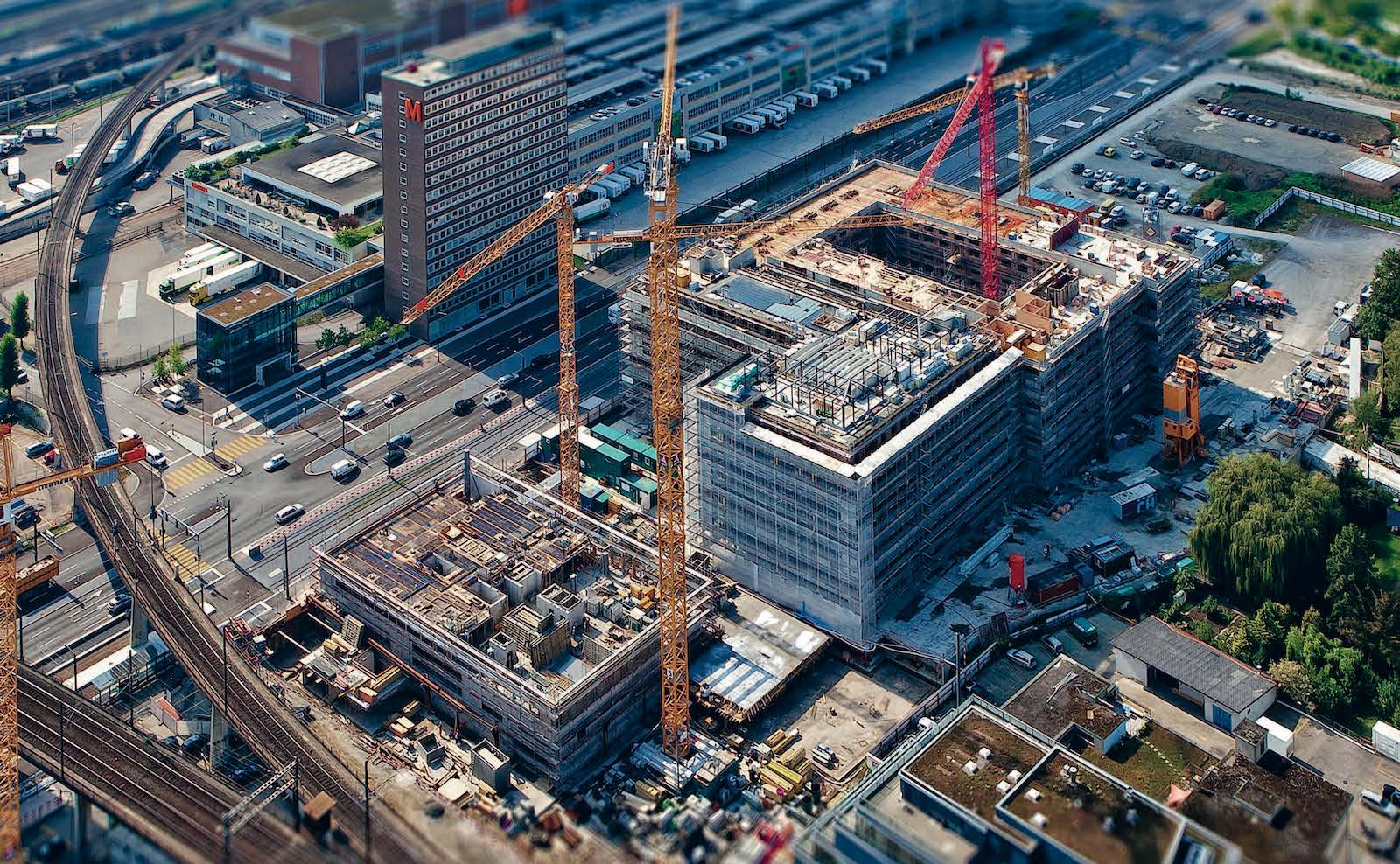Research Overture 3: Circular Future Cities
8 Sep | Asst. Prof. Daniel Hall and Dr Pieter Herthogs from FCL Global discuss systemic innovations that support circular economy concepts in the construction sector.

Globally, building materials account for half of the annual solid waste generated, and this number is expected to double by 2025. Over the past 20 years, the global demand for construction materials has also doubled. Along this trajectory, we need a more sustainable construction paradigm, where used materials can become valuable resources in a new production cycle.
'Circular construction' represents a paradigm shift from current construction practice, which requires changes and innovations throughout the entire existing socio-technical system. Singular technological solutions are often met with challenges, since they rely on other innovations that have yet to be developed. This can be overcome by adopting a systemic approach that integrates key research themes and jointly developed solutions.
In this talk, Asst Prof. Daniel Hall and Dr Pieter Herthogs discuss the adoption of circular economy concepts in the construction sector through a systemic approach at the level of the city. This urban-scale systemic perspective, which is central to the Circular Future Cities module in the Future Cities Lab Global programme, enables us to study new technologies and their interdependencies at the level of the circular economy itself.
Presenters
Asst Prof. Dr Daniel Hall
Co-Investigator of Circular Future Cities at FCL Global & Asst Prof at the Department of Civil, Environmental and Geomatic Engineering at ETH Zürich
Dr. Pieter Herthogs
Co-Investigator of Cities Knowledge Graph & Circular Future Cities at FCL Global
FCL Global Research Overture
This webinar is part of the Research Overture seminar series, which focuses on new research topics being developed at Future Cities Lab Global (FCL Global). Each seminar features the team leading the research to articulate their aims and aspirations, as well as the challenges they expect. It is also an opportunity for participants to help shape the research through dialogue.